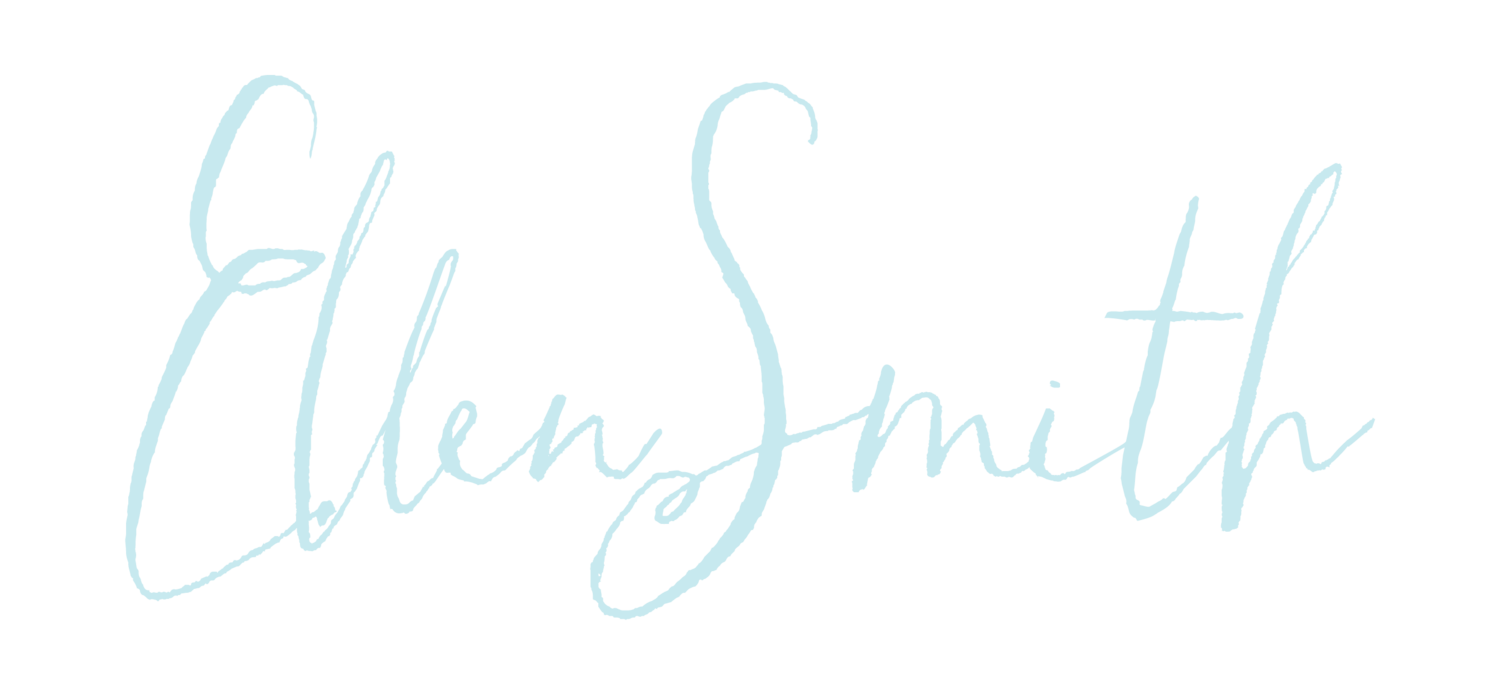Since this blog is (mostly) about books and time travel, let’s take a minute to go back to a simpler time. A more innocent time. A time when I heralded the new year with all the enthusiasm of a woman who loves the roaring (19)20s and really wanted a good excuse to wear a flapper dress.
So, January.
Let’s go back to January.
I started off this year with an ambitious book list that covered 20 books from the Jazz Age. Some were classics I’d read before, some were books I’d been meaning to read for years. Then the pandemic hit, and, well…honestly, the list went out the window. As it should.
Truthfully, I’m grateful for every book I managed to read in 2020 simply because it gave me a chance to get out of my own head for a bit.
That said, I did read four of the twenty books on my list this year. Two were re-reads, two were new to me, and all four of them were fantastic! Let’s start with the re-reads: the classic Cheaper by the Dozen and its sequel, Belles on Their Toes, both by Frank B. Gilbreth, Jr. and Ernestine Gilbreth Carey. I’ve read both books several times before, mostly because I love the shenanigans that the twelve children (and their father) got into. As I read them again this year, I wondered how the Gilbreths might have handled the current COVID-19 pandemic. I wrote about it here: Therbligs in Quarantine.
I also read two classics of the Harlem Renaissance for the first time: Plum Bun by Jessie Redmon Fauset and Passing by Nella Larsen. I have yet to write a real review or publish a blog post on either of these books, although the stories have stayed with me and been on my mind quite a bit. Both Plum Bun and Passing featured women in the 1920s who were African-American and could “pass” as white, and the ways that their ability to “pass” affected their relationships, their work, their art…and, truly, every aspect of their lives. For me as a reader, it was a very personal experience to read and ponder these stories—written nearly a hundred years ago—while also listening to and pondering and grieving for the racial injustices that have occurred just this year alone. I have a million thoughts about the books and their writers (I totally went down a rabbit hole researching both Larsen and Fauset, their lives, and their other works). I plan to read more from both authors, probably starting with Quicksand by Nella Larsen.
As a whole, I’ll be glad to see the sun set on the very last day of 2020. It’s purely symbolic, of course—the things that made this year so difficult have nothing to do with the date on the calendar. There will need to be many, many changes in the year ahead: for health, for safety, for justice, for finding our footing after a long and tumultuous time. I hope for the best for all of us in 2021.
Happy New Year, friends.
Are you on Goodreads? Feel free to follow or add me as a friend—I love talking about books!
























